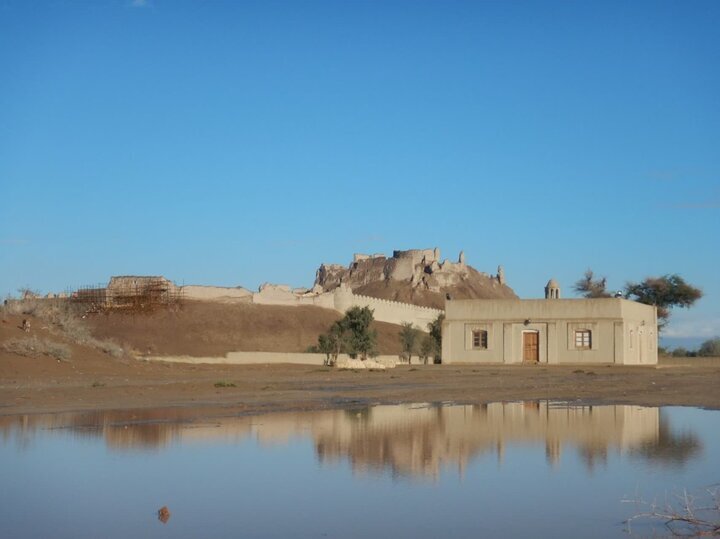Minister emphasizes the need for intelligent protection of historical monuments

TEHRAN— Minister of Cultural Heritage Reza Salehi-Amiri emphasized the need for intelligent protection of Iran's historical monuments, and said that protecting the cultural heritage is protecting the country's historical memory and national identity.
Speaking at a gathering with cultural heritage managers on Saturday, he emphasized the importance of redefining the position of this field in the country's development process, Mehr News Agency reported.
He said that cultural heritage is part of national identity and the backbone of civilization, adding: “Cultural heritage is not an obstacle to the development. Rather, it is a catalyst for the country's cultural, social, and even economic growth. If we properly utilize this national capital, it can become the driving force behind sustainable development.”
The minister reiterated: “Protecting the cultural heritage is protecting the country’s historical memory and national identity. This grave responsibility can be fulfilled more effectively with the cooperation of the people, the institutions and the private sector. Interaction and cooperation between the institutions is a condition for success in preserving the country's historical identity.”
He noted that in many parts of the country, historical monuments and buildings can become great cultural and tourism opportunities and play an important role in the development of various regions.
Pointing to the role of museums in improving the public culture, he said: “Museums display Iranian civilization and can be transformed into dynamic centers for cultural and social dialogue with a new approach. The capacity of existing historical monuments should be utilized to expand urban museums so that these spaces become living cultural and educational bases in the heart of cities.”
Elsewhere in his remarks, he pointed to the role of cultural heritage in improving social dynamism and said that the cultural programs for Nowruz holidays and national occasions are opportunities for people to become more familiar with the country’s cultural and historical heritages. Also, the sense of belonging to the common heritage of Iran is strengthened among different generations, he added.
Emphasizing the need to strike a balance between citizens' rights and governmental requirements, he added: “Protecting the cultural heritage requires a fair and balanced approach. Both the rights of the people to enjoy urban life must be respected and the principles of protecting historical monuments must be upheld. This balance can only be achieved through dialogue, interaction, and national consensus.”
KD
